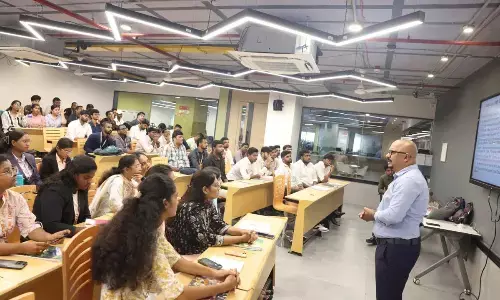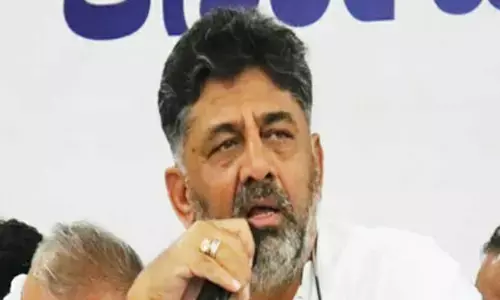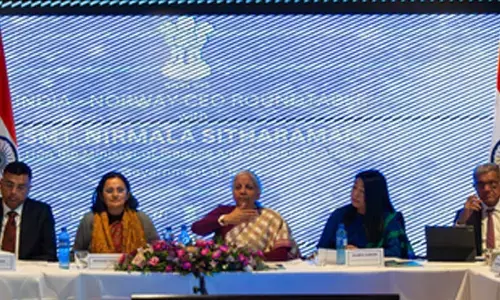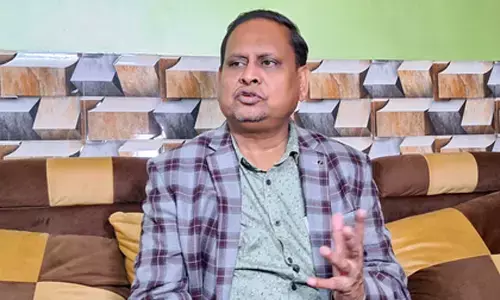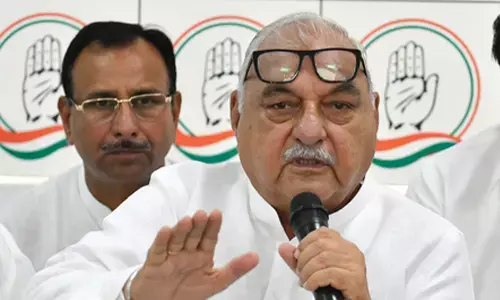Rohingyas wary of giving details to Government
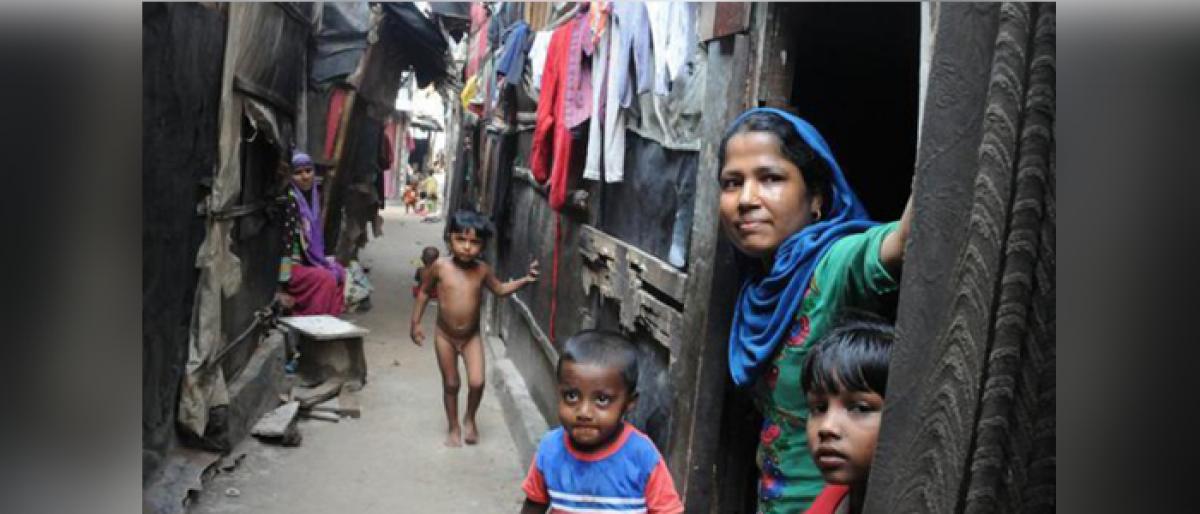
Rohingya refugees in Delhi, who have been asked to fill nationality verification forms by the Home Ministry, say they fear getting deported back to Myanmar if they give their details to the government
Fear getting deported to Myanmar
New Delhi: Rohingya refugees in Delhi, who have been asked to fill nationality verification forms by the Home Ministry, say they fear getting deported back to Myanmar if they give their details to the government.
Several of them living here for years said they have refugee cards certified by the UNHCR, the United Nations' refugee agency, and are wary about taking their children, who were born in India, back to violence-hit Myanmar.
The UNHCR (United Nations High Commissioner for Refugees), the global organisation mandated to protect the rights of refugees, said it has contacted Indian authorities for more details on the Rohingya refugees being asked to fill nationality verification forms.
Union Home Minister Rajnath Singh on October 1 said the state governments have been asked to identify Rohingya refugees in their regions and collect their biometric details.
The Centre will send the biometric reports collected by states to the Myanmar government through diplomatic channel for resolution of the issue.
The Delhi police has distributed the nationality verification forms to Rohingya living in various refugee camps across Delhi in the last two days.
However, the Rohingyas here are apprehensive of filling these forms as they fear they would be deported back to Myanmar if they give their details.
"We will not go back. The police are forcing us to fill the form, but we have refugee cards certified by the UNHCR," said a Rohingya refugee from the Shaheen Bagh camp of Delhi, on the condition of anonymity.
The police, however, deny using any form of intimidation to make the Rohingyas fill the form. A senior police officer said the exercise is being carried out on the directives of the Home Affairs Ministry.
The Delhi Police Special Branch is the coordinating authority. He also said that close to 1000 forms have already been filled by the Rohingya refugees across the city.
Another refugee who escaped from Myanmar in 2012 said they do not want to suffer the same fate as that of the seven Rohingyas who were deported back to Myanmar last week.
The seven refugees were sent back to conflict-hit Myanmar after the government said they should be treated as illegal immigrants.
"My children were born here, they will not be able to survive the violence of Myanmar.
We have seen our homes getting burnt with our children inside. I beg government to not send us back," another teary-eyed Rohingya refugee said.
She also said that police came on Monday with the forms and asked them to fill it by Tuesday when they refused so they were forced by it to fill it.
When contacted, the UNHCR said it considers that the current conditions in Myanmar's Rakhine State are not conducive for safe dignified and sustainable return of Rohingya.
The UNHCR (United Nations High Commissioner for Refugees), the UN's Refugee Agency, is a global organisation mandated to protect the rights of refugees.
The UNHCR said it is aware of reports that Rohingya refugees are being asked to fill up nationality verification forms and have contacted the authorities for more information in this regard.
"The UNHCR is organising community meetings to address refugees' concerns and strengthening communication between refugees and UNHCR or partners," it said in emailed response to queries from PTI.
The form seeks personal details of the Rohingya refugees. It has been written in Burmese along with the English translation, the form seeks to know the name, place of birth, religion, eye colour and national identity, along with details of any criminal case which may prevent them from travelling abroad.
Myanmar has denied the Rohingya, who had lived for centuries in the Buddhist-majority country, citizenship since 1982, effectively rendering them stateless.
Rohingya refugees were displaced by two waves of violence between Buddhists and Muslims in Rakhine area of Myanmar in 2012.
Thousands of people fled Myanmar then to take refuge in neighbouring countries, including India.
The Rakhine area in Myanmmar again witnessed a recent surge in violence when a Myanmar military operation in the country's northwest in August sent nearly 700,000 Rohingya Muslims fleeing to Bangladesh.
The refugees reported killings, rapes and arson on a large scale.
Some 40,000 Rohingyas have settled in India, and 16,000 of them have received refugee documentation, the UN estimates.
In August 2017, the government first announced that it was planning to deport Rohingya refugees living in the country.




